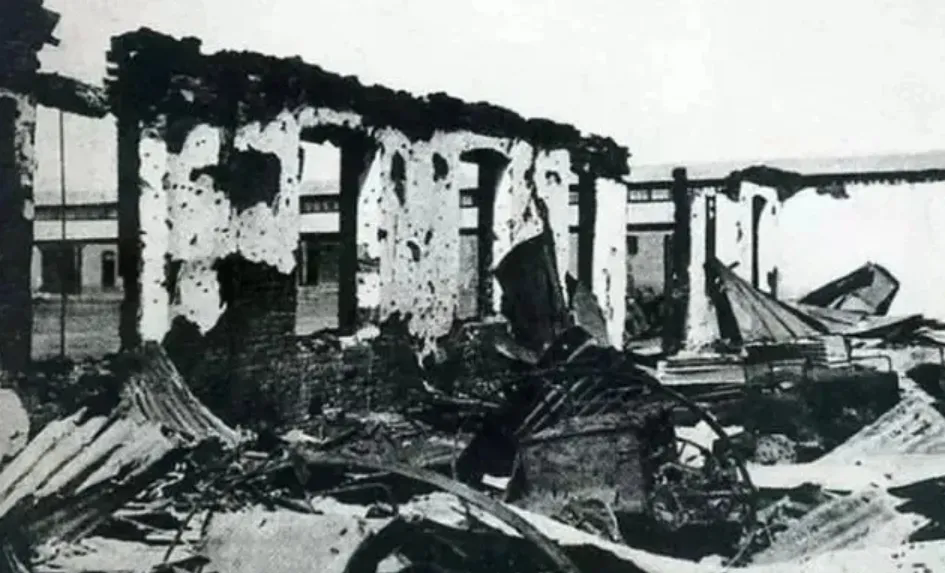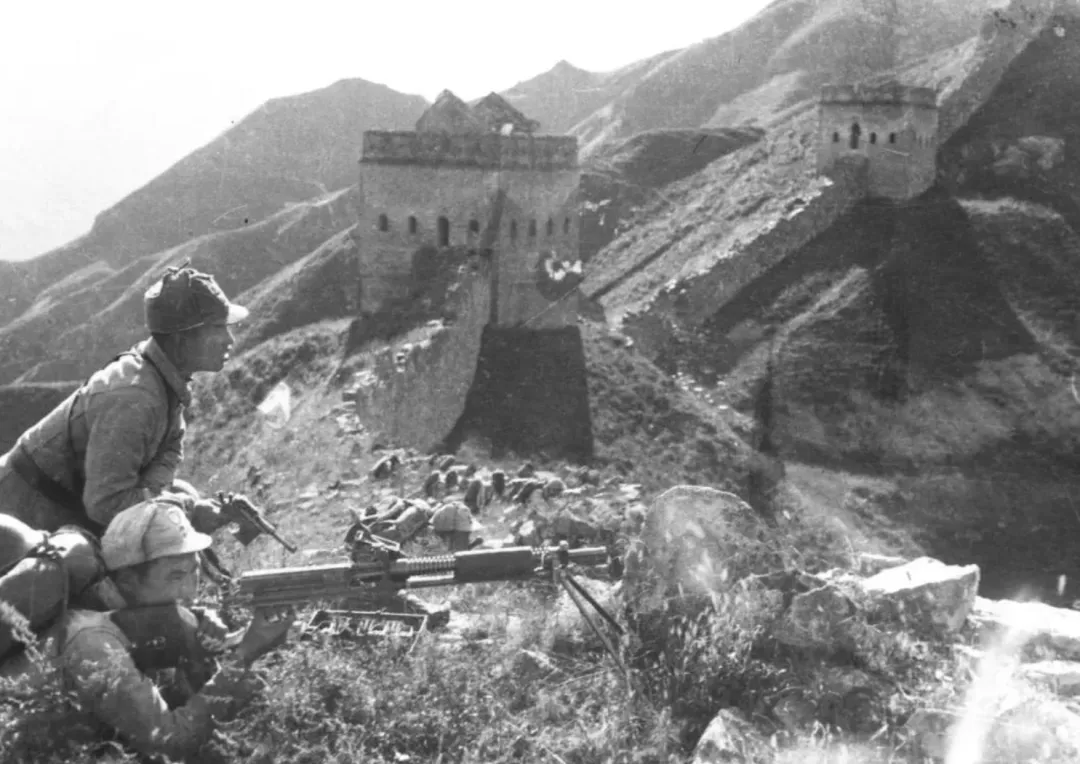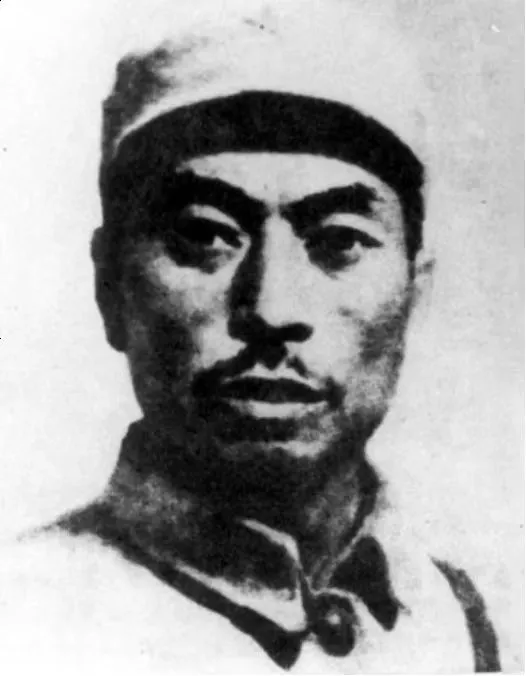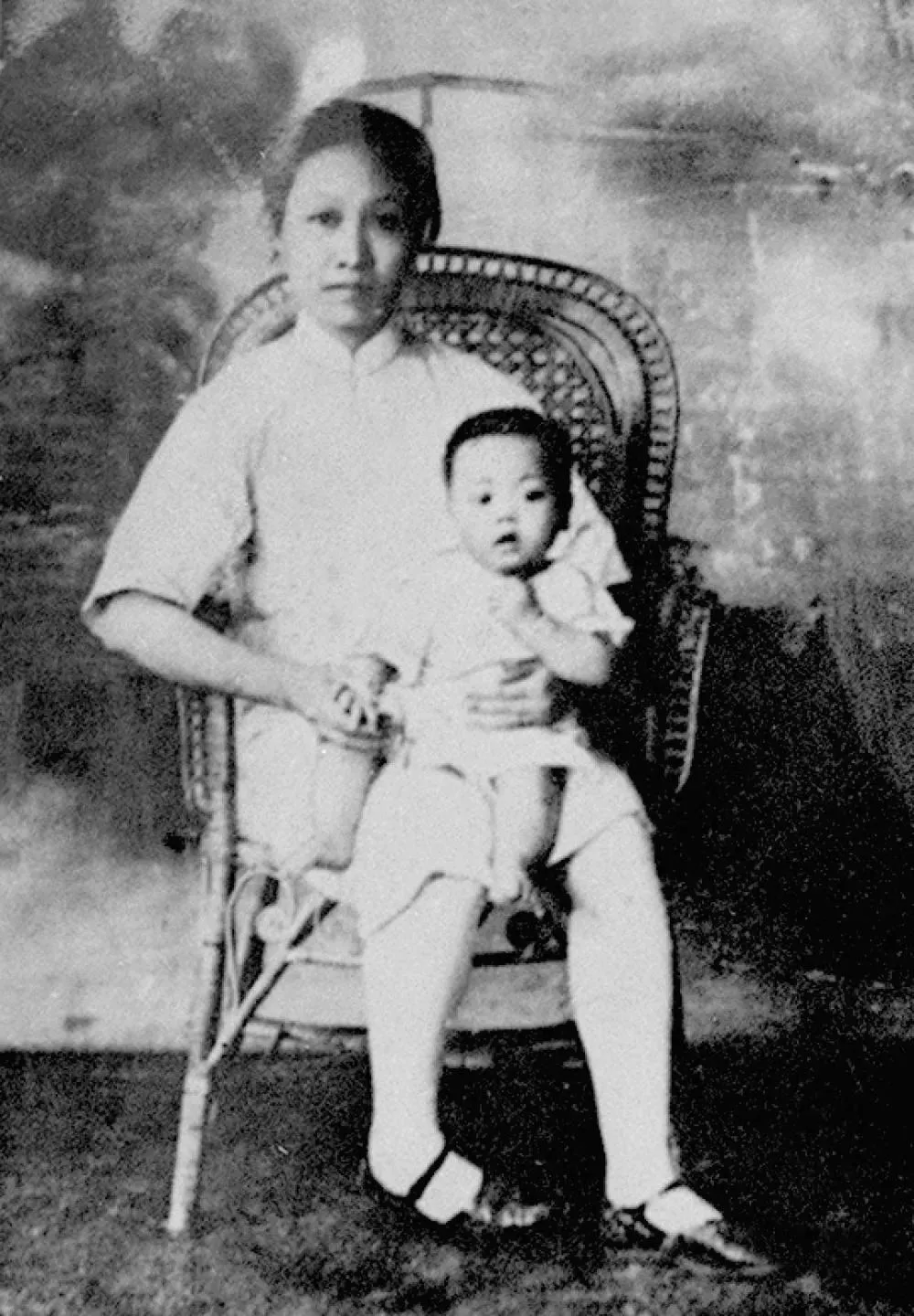In the memorial square of the September 18 Incident History Museum in Shenyang stands a massive stone monument in the shape of a calendar. The date on it is frozen on September 18, 1931. The bullet holes on it serve as a stark reminder of the suffering of the Chinese people in the past.
On this very day 93 years ago, the September 18 Incident, which shocked the whole world, broke out, and the Chinese people began a tenacious fighting against Japanese aggression for 14 years since that day. The history remains fresh in our memory. We have not forgotten, can't afford to forget, and won't forget it!

The Beidaying (Northern Grand Barracks) of the Chinese troops is bombarded by the Japanese Kwantung Army on the evening of September 18, 1931.
On September 18, 1931, members of the Japanese Kwantung Army blew up a section of the Japanese-built South Manchuria Railway near Liutiaohu outside Shenyang and falsely accused the Chinese troops of doing it. Using the incident as a pretext, the Japanese troops bombarded the Beidaying of the Northeastern Army and launched its long-planned aggression against China. The following day, the Japanese troops occupied Shenyang, Changchun, and other cities. By February 1932, in just over four months, Japan had seized over one million square kilometers of land in China across the three northeastern provinces of Liaoning, Jilin, and Heilongjiang.
During the aggression against China, the Japanese troops brazenly committed atrocities such as mass massacres, large-scale bombings, chemical warfare, biological warfare, human experimentation, and more. The horrific crimes have shocked the world. For a long period of 14 years from 1931 to 1945, nearly half of China was trampled under the iron heel of the Japanese troops. Over 930 cities were occupied, more than 35 million Chinese people were killed or injured, and 42 million were left homeless. The land of China was laid to waste and the people descended into misery.

Soldiers of the Eighth Route Army fight on the Great Wall during the War of Resistance against Japanese Aggression.
At the critical moment of national survival, the Communist Party of China (CPC) responded swiftly. On September 20, 1931, two days after the September 18 Incident, the CPC Central Committee issued the Declaration of the CPC on the Violent Occupation of the Three Northeastern Provinces by Japanese Imperialism, calling on the people to unite and resist the Japanese invaders. The CPC quickly organized anti-Japanese forces, which developed into the Northeast Anti-Japanese United Army. Over the 14 years, they eliminated more than 170,000 Japanese soldiers and over 50,000 puppet troops and held back 760,000 Japanese forces, making a significant contribution to the World Anti-fascist War.
Countless Chinese communists bravely fought on the front lines of the War of Resistance against Japanese Aggression, upholding the hope of national survival and becoming the pillar of total resistance by the whole nation. In 1940, General Yang Jingyu, who was just 35 years old then, led the Northeast army and civilians in a fierce battle against the Japanese invaders. He died a heroic death for the country and the Japanese troops barbarically decapitated him and mutilated his body.

A profile photo of Yang Jingyu.
In 1935, Zhao Yiman was unfortunately captured during a fierce battle. The Japanese troops subjected her to severe torture, yet she did not yield at all and remained silent, never revealing a single word. In August 1936, she left a letter for her young child before she was killed by the Japanese invaders. "I don't need a thousand words to educate you, but I will use my own acts to teach you. When you grow up, I hope you will not forget that your mother sacrificed her life for the country!"

A photo of Zhao Yiman and her son.
During the 14 years of the War of Resistance against Japanese Aggression, countless similar stirring deeds of heroism emerged. The martyrs cemented the great victory of the war with their blood. We can never forget their sacrifice and dedication. The Chinese people, with their indomitable spirit, have shown the world that the Chinese nation cannot be bullied, cannot be humiliated, and cannot be defeated!
Every year on September 18, air raid sirens are sounded across the country to remind us to bear history in mind, to never forget that backwardness left us vulnerable to attack, and to recognize that only through development can we strengthen ourselves and that only a powerful nation can bring us a stable life, freedom and happiness.
The smoke of war has long dissipated, but the suffering of those years can never be forgotten. To bear history in mind is not about sinking into the mire of hatred, but about cherishing the hard-won peace, preventing such tragedies from repeating themselves, and drawing strength and wisdom from past sufferings to embrace the future with a broader perspective.













